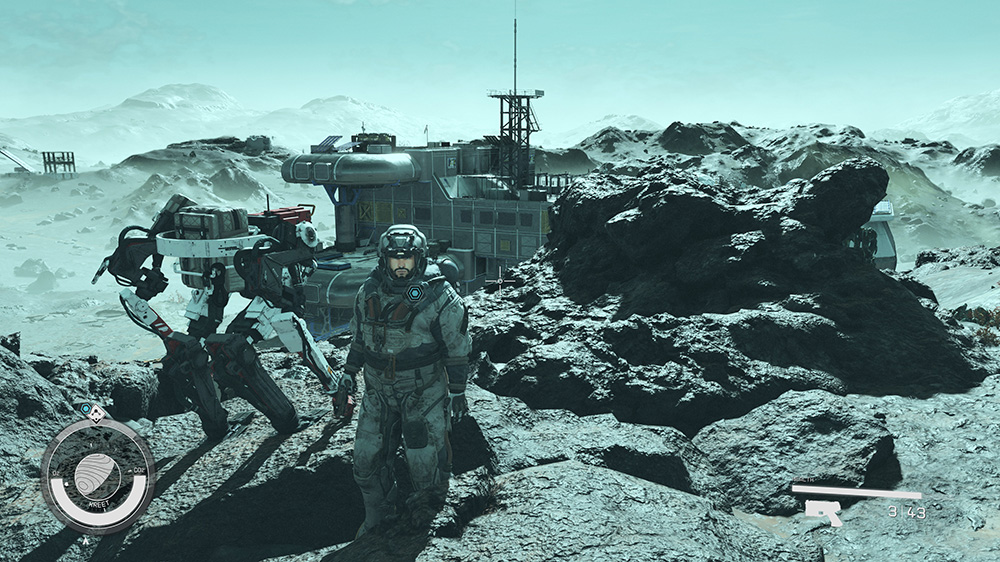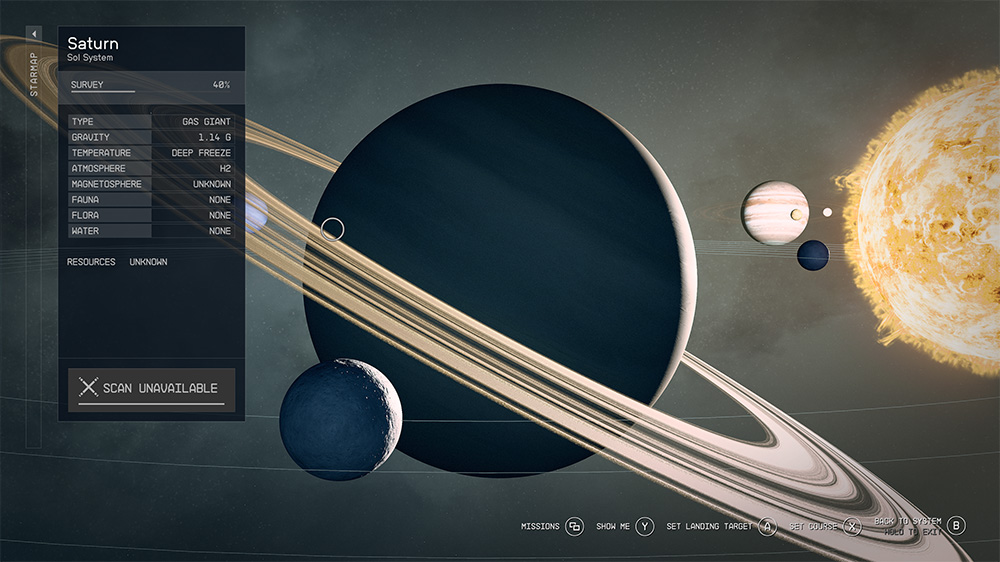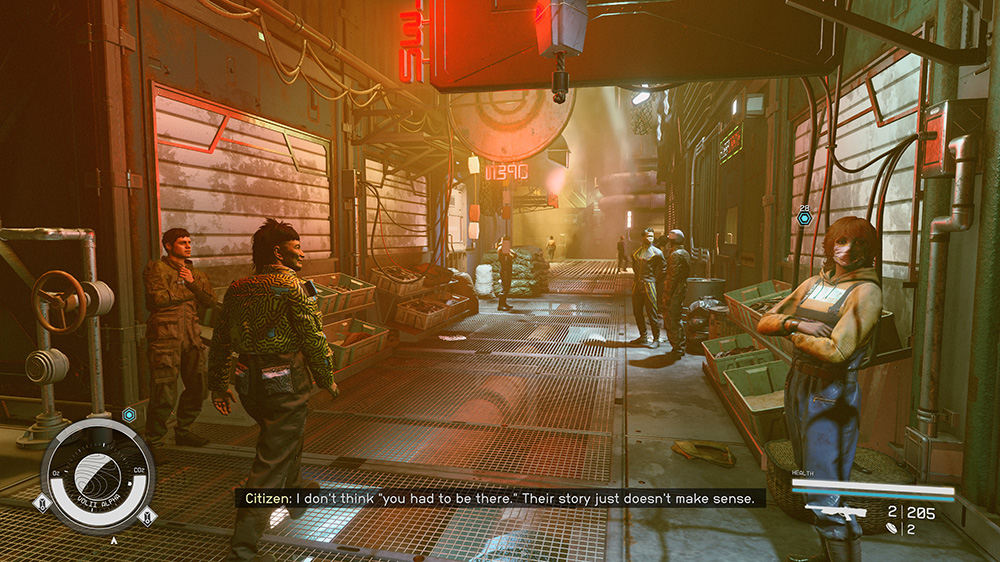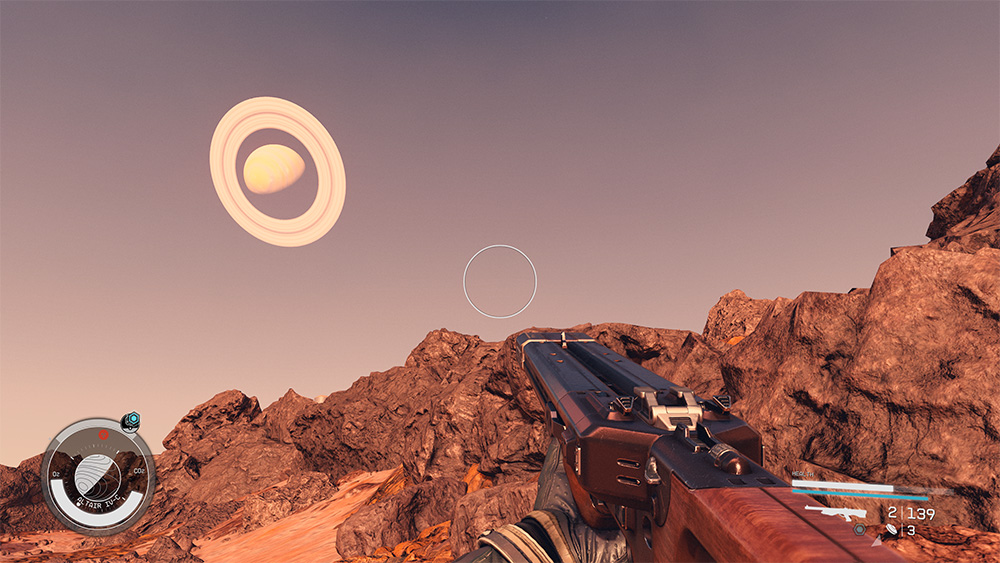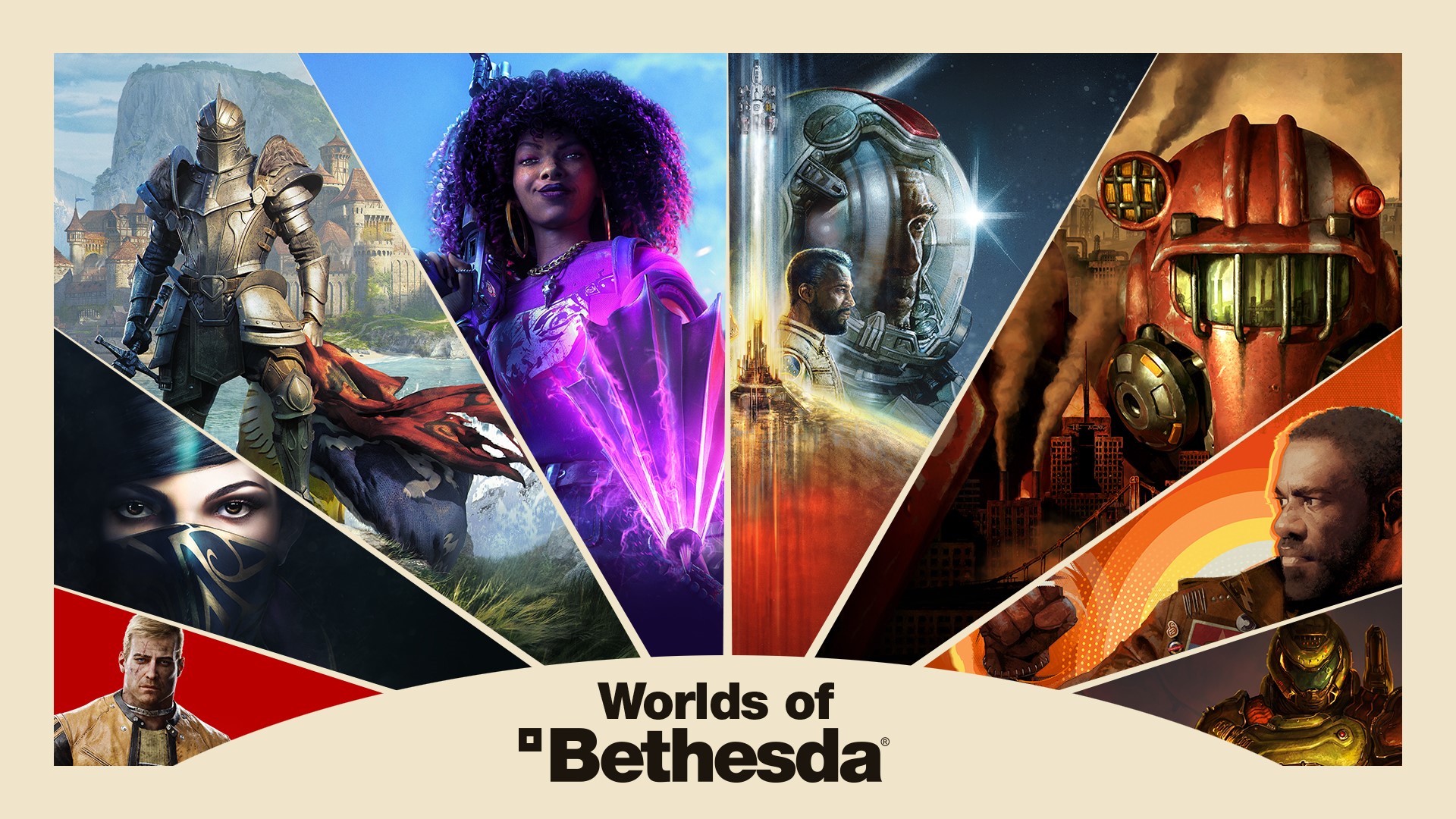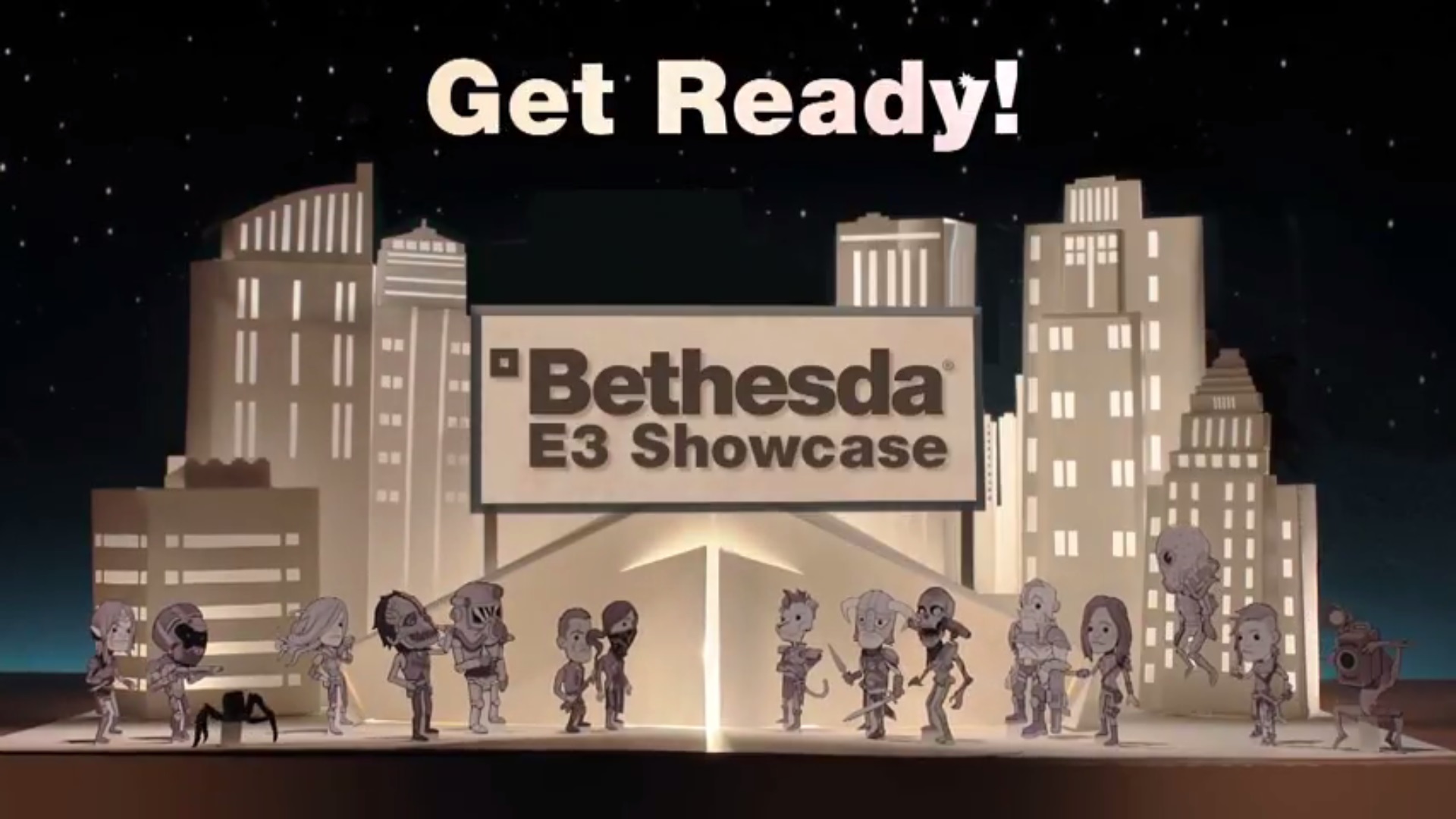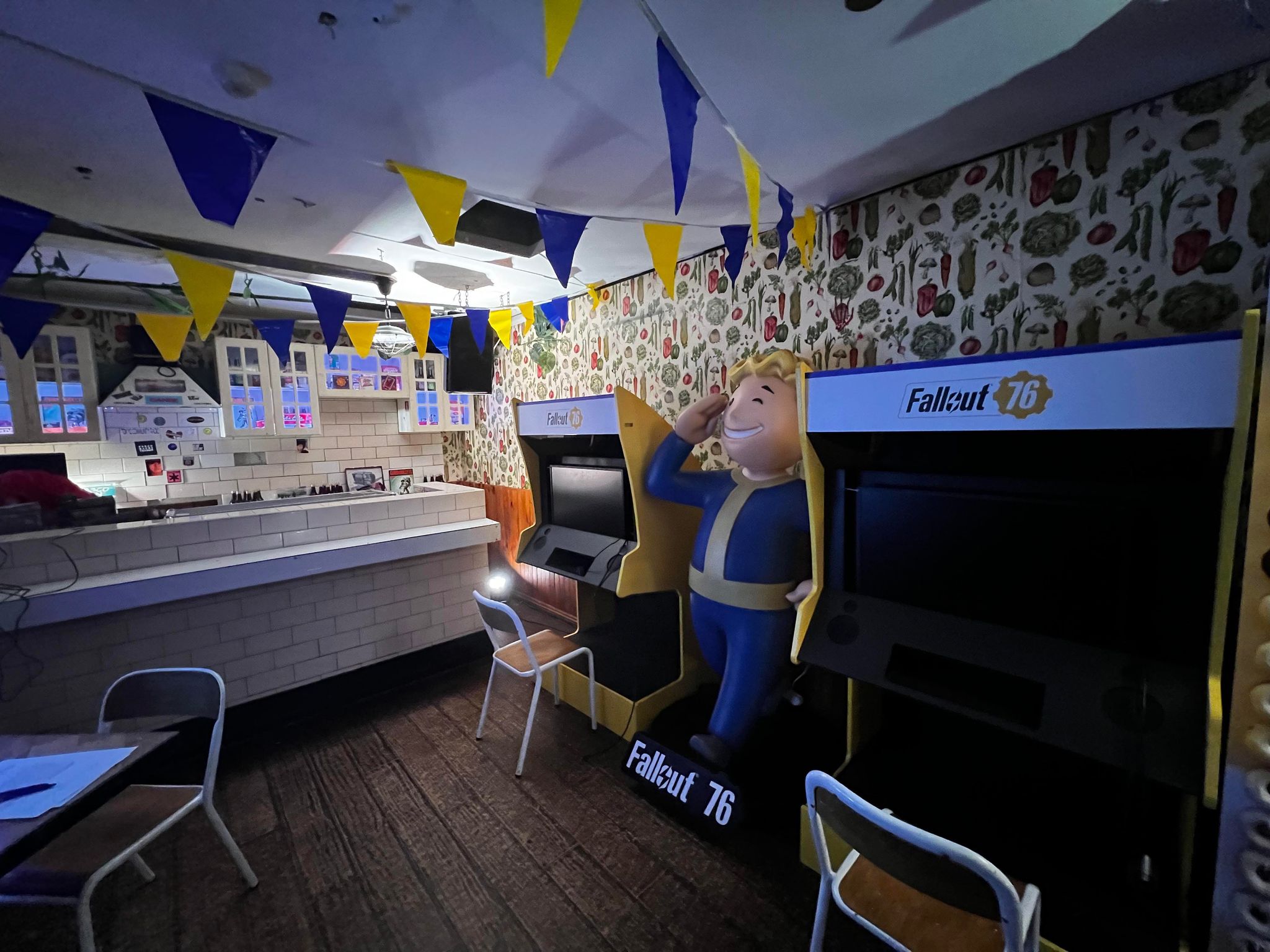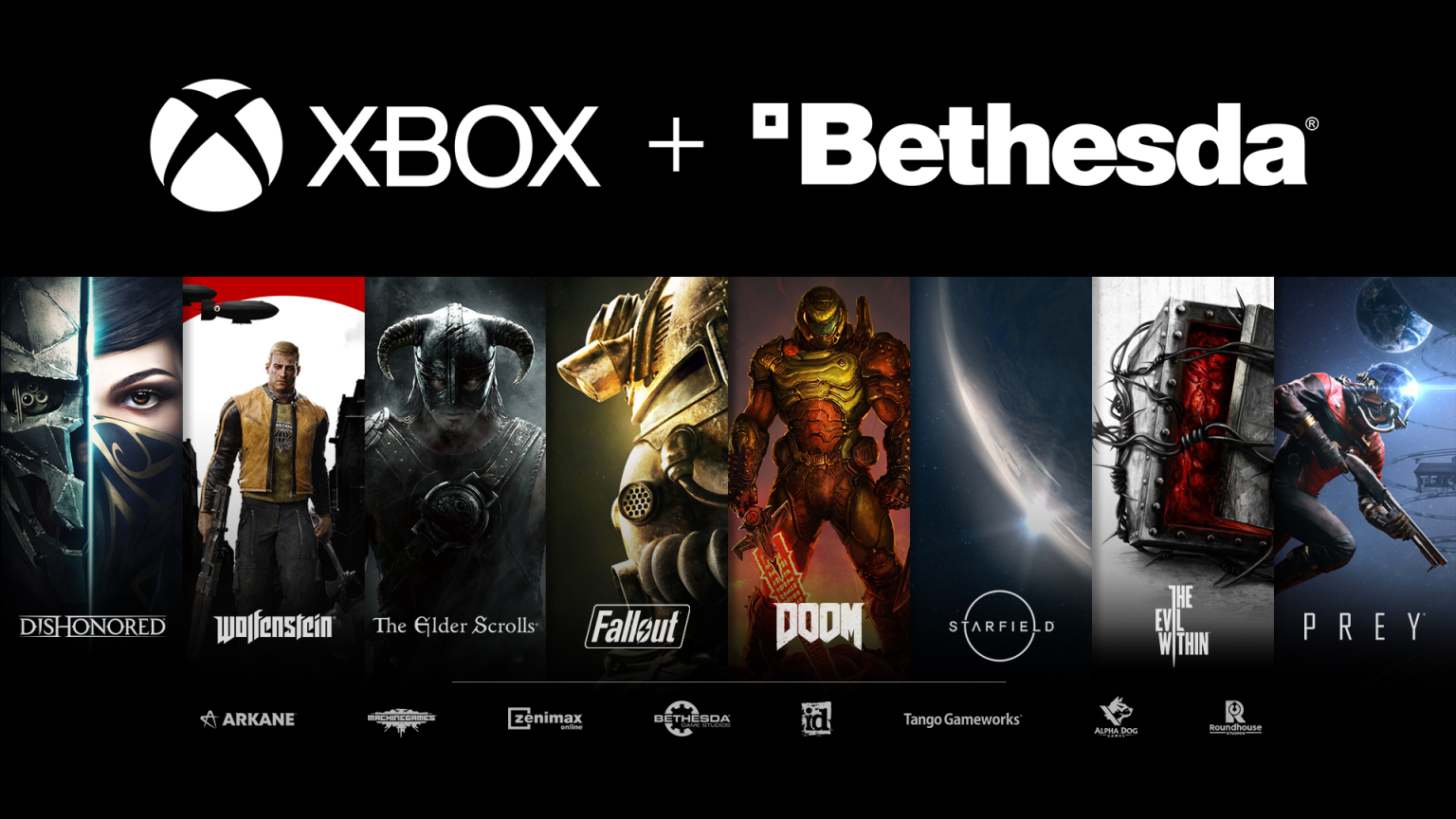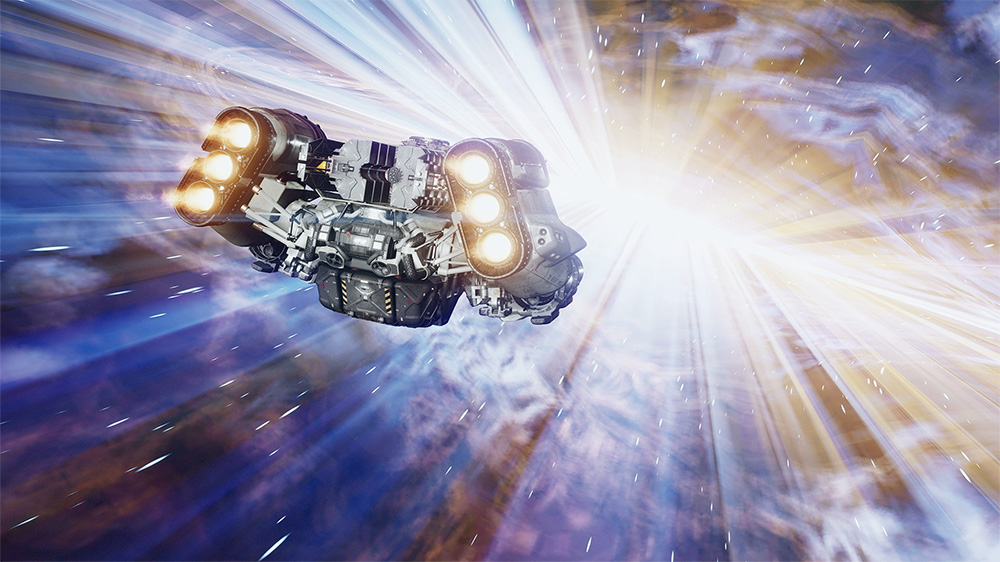
Since Starfield‘s announcement in 2018, expectations have been getting out of hand. It calls to mind the similar way No Man’s Sky was treated, although arguably it didn’t help its own case with confused messaging from its developers from the outset, which launched to divisive reactions until finding success later in its life. Starfield is in every respect a new Bethesda RPG, with all the perceived pros and cons that come along with your experience with games like Fallout 4 or Skyrim, with the key difference being the creation of a brand new story universe to play around in. Starfield offers a big universe, and while not everything works all the time, it succeeds in jumpstarting a new creative branch for Bethesda themselves to explore.
While being an original universe, Starfield clearly does take a lot of cues from basically every sci-fi property out there, including but not limited to 2001, The Expanse, Star Trek, Firefly, Cowboy Bebop and Alien just to name a few. The gist is that in the future, Earth has been abandoned as humanity took to the stars and colonised a great number of star systems, thanks to the invention of an FTL ‘Grav Drive’. Your player-created character is an interstellar miner who uncovers an ancient artefact that gives them visions of a cosmic nature, which attracts the attention of Constellation, huge exploration stans who think the artefact is part of a larger collection that could unlock secrets to the universe. From that point, your journey is pretty much up to you, as your character will have their own ship, a main questline in Constellation’s pursuit of the artefacts, but you’ll also have been approached with several other side quests to tackle, along with the freedom to just take off and jump to anywhere you like in the stars to explore as well.
Starfield feels very much in line with all those other Bethesda RPGs, as its predominantly played from a first-person perspective (with third-person optional), involves plenty of collecting loot and equipping yourself with the best spacesuit (armor) and weapons, often provides dialogue options to avoid violent scenarios (if your stats are good enough) and still deals with bugbears like carrying too much random crap that it encumbers your character. Combat involves an array of firearms that doesn’t feel unfamiliar to people who’ve played Fallout, although there’s no VATS system this time, making everything feel a little faster and more responsive. Hell, there’s even a double-barrelled shotgun I’m pretty sure is a reference to Doom, which when combined with a drug that enhances your movement speed actually does manage to recall that game’s mega-fast gunplay for short spurts. There are small details that make combat feel a little more unique in the Starfield universe, such as the fact that there’s a great number of combat scenarios where you’ll find yourself in zero gravity, and that you’ll quickly discover that you’ll need to rely on laser weaponry to avoid recoil and be able to aim effectively. Like Skyrim, your character also gains access to special abilities through their pursuit of the artefacts, although instead of ‘shouts’ these are more sci-fi themed. They range from room-clearing energy blasts, to the ability to reverse gravity, see the future (helpful in manipulating conversations to go your way) and more. These help make your playthrough feel a little more unique, depending on which abilities you choose to utilise, but there are several that feel far too overpowered.
There’s a wide range of ships you can purchase and modify, or you can just build your own from scratch if you prefer and you have the cash. Ship combat and management is fairly rudimentary and reminds me of how many Star Trek simulation games have played over the decades, as you have a pool of energy you assign to your various weapons, shields, engine or grav drive, with you needing to stay on top of energy management along with any dodging, firing or weaving you may be doing. Actual combat itself outside of this management system is basic, as you wear down enemy shields until you can inflict damage on their hull, and boost if you see a ship getting a missile lock on you.
Getting around the universe of Starfield is somehow simultaneously simple and far too complex. The game fails to explain many basic concepts, including favouriting items for quick selection, and early on you have to work out how to effectively travel between planets on your own. In theory, it’s possible to fly from the orbit of a planet to its moon, but if you don’t want to waste hours you’ll need to hit up the main menu and set a course for the moon for your grav drive, which will take you there instantaneously. When travelling between locations you’ve already been to, you can even fast travel from the surface of one world to another without having to worry about even getting into your ship, while when exploring far-off star systems, you might be required to make smaller jumps between closer stars before arriving at your final destination. All this is to say that unless you have a reason to be in space, you’ll probably be spending most of your time in menus which make it weirdly hard to select the star you want to visit. Fans of Bethesda games will also likely have come to expect a number of bugs at launch, and my playthroughs of Starfield were no exception, from amusing ones like my party member vibrating through the walls during conversations, to quests failing to progress or activate, either because of some strange unrelated criteria or for no discernible reason at all.
For a game whose main quest is all about the joy and wonder of exploration, the least interesting aspect of Starfield at the time being is the exploration itself. Both the exploration of random planets with non-sentient creatures and varying fauna and the existential explorations of the main narrative fail to engage as much as story-driven side quests and encounters that will make up the bulk of your playtime. Starfield is at its most engaging when you’re falling down a rabbit hole of a quest-line to take down the pirate Crimson Fleet, or enlisting as a local enforcer on one of the many worlds, or advising a corporation on how to build a new starship, or even smuggling as much contraband as you can while you try to evade authorities. Some of the best parts of Starfield almost feel like mini episodes of Star Trek, as one quest starts with the objectively funny premise of a generational ship without an FTL drive rocking up to its intended colonisation destination after 200 years, only to find that humanity got there first anyway with the invention of Grav Drives and have already built a casino and resort. However, this starts a dispute that only your character can mediate. The game is filled with scenarios like this, that I imagine will only expand with the additional season pass content down the line.
Cities and settlements are detailed and feel lived in. You can stop at bars and hear local gossip for leads on quests, or even stumble across something important when visiting every floor in a corporate office building and chatting up every employee. There always seems to be a story to chase in the colonies you visit, and this fleshing out of Starfield‘s world is where most players will lose countless hours. You’re even able to romance a number of characters from the Constellation group, and while the process to getting them to make whoopee is sometimes just as easy as continually selecting ‘flirt’ in conversations, the characters do remember choices made on behalf of the player, will like or dislike actions you take, and will even commit to you in Starfield‘s equivalent of marriage if you’re really that into them, making for some cute scenes and impressive system overall.
By comparison, the main storyline doesn’t have much to offer you aside from repetitive hunts for artefacts and fights against waves of enemies and the occasional ‘Starborn’, enemies who have access to the same super-powers your character does, but who are easily disposed of depending on what abilities you to choose to utilise (Creator’s Peace, for instance, lulls them into passivity so effectively that most fights become a doddle). There are occasional interesting ideas here, including one mission that sees your character traversing through two alternate realities to navigate a facility, but largely the main story serves mostly to set up the endgame.
Some of the best moments though are the quirkier elements of Starfield. Of course, it’s well known that you’re able to activate a perk at the start of the game that materialises Bethesda’s famous ‘Adoring Fan’ from Oblivion into your crew, but even better than that is a perk that lets you generate parents based on your character’s design, who you kick 5% of your pay over to but who you can visit any time, where they’ll fawn over you, or may even pass you along your grandma’s old spacesuit to make sure you’re dressing warm outside. They’re even voiced by Star Trek alums Nana Visitor and Tim Russ. It’s a completely unnecessary, but adorable option, one of many across the game that adds a lot of warmth and personality to Starfield‘s universe.
Starfield is a big game, but it’s not due to the dozens of planets you can land on to explore variously generated empty fields with slightly different wildlife. It’s because of the detail and personality in the settlements you visit, the characters you meet and the adventures you can go on together. Mechanically, for better or worse Starfield is a remix of Fallout and Skyrim but with spacey bits added in, but it’s the new universe and sandbox which Bethesda have come up with that really impress. There are things that need improvement of course, from bugs to UI to maybe a more enticing/less derivative central narrative hook, and either patches, expansions or sequels will hopefully iron these out. But, Starfield serves a captivating sci-fi adventure that will draw all kinds of players in with the breadth of things to do, people to see, places to go, and chunks to choose.
-An amazing amount of expanded content to plow through, both scripted and unscripted -A lot of fun sci-fi ideas, quirky moments and memorable encounters awaiting in the universe -Little details make big impressions in many ways, from some physics concepts to romanceable characters' memory
-Main storyline and campaign is comparatively uninteresting and formulaic -The UI and maps are thoroughly unhelpful -The same headaches with encumbrance, bugs and quest design persist from games like Fallout and Skyrim

